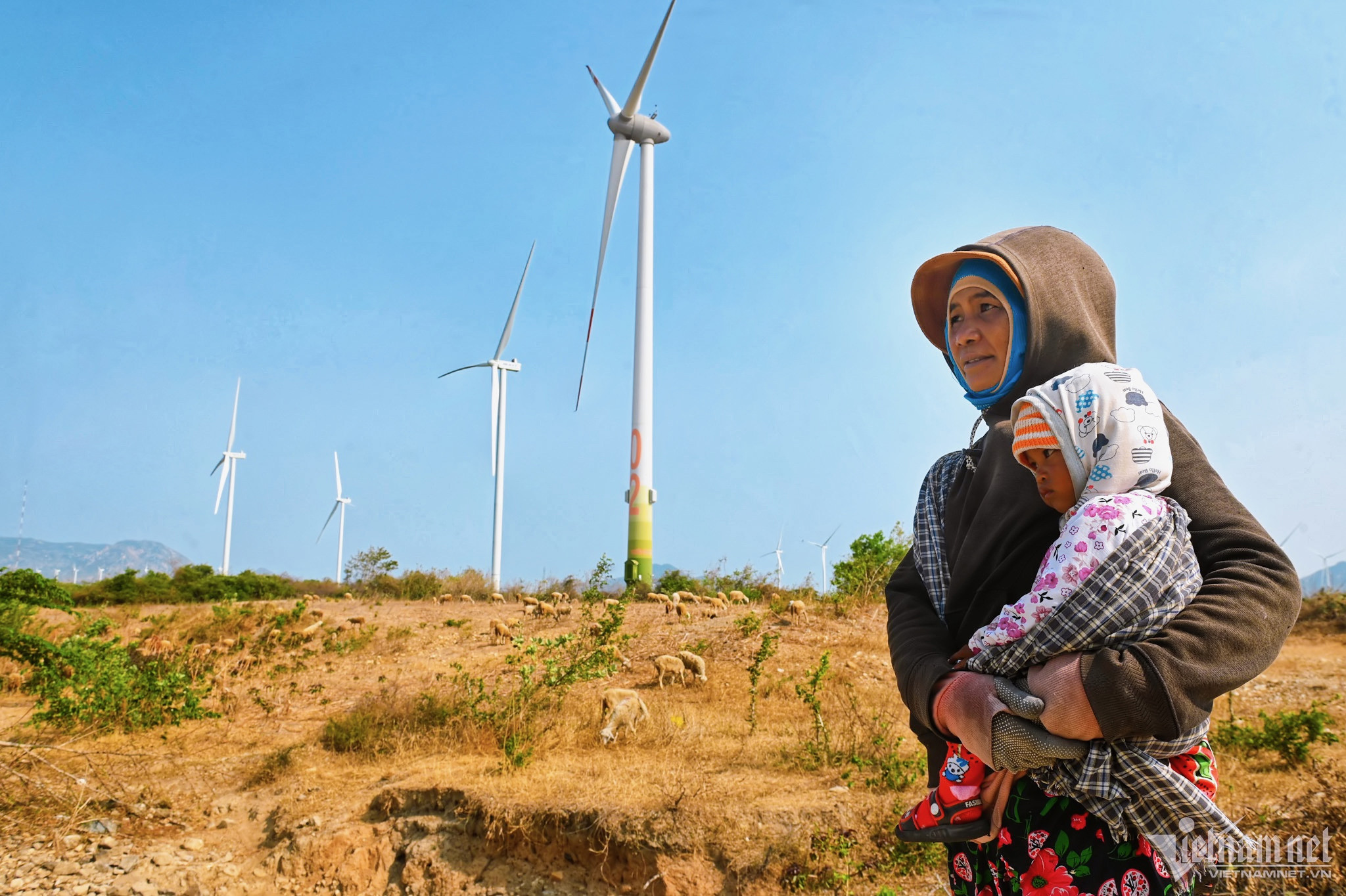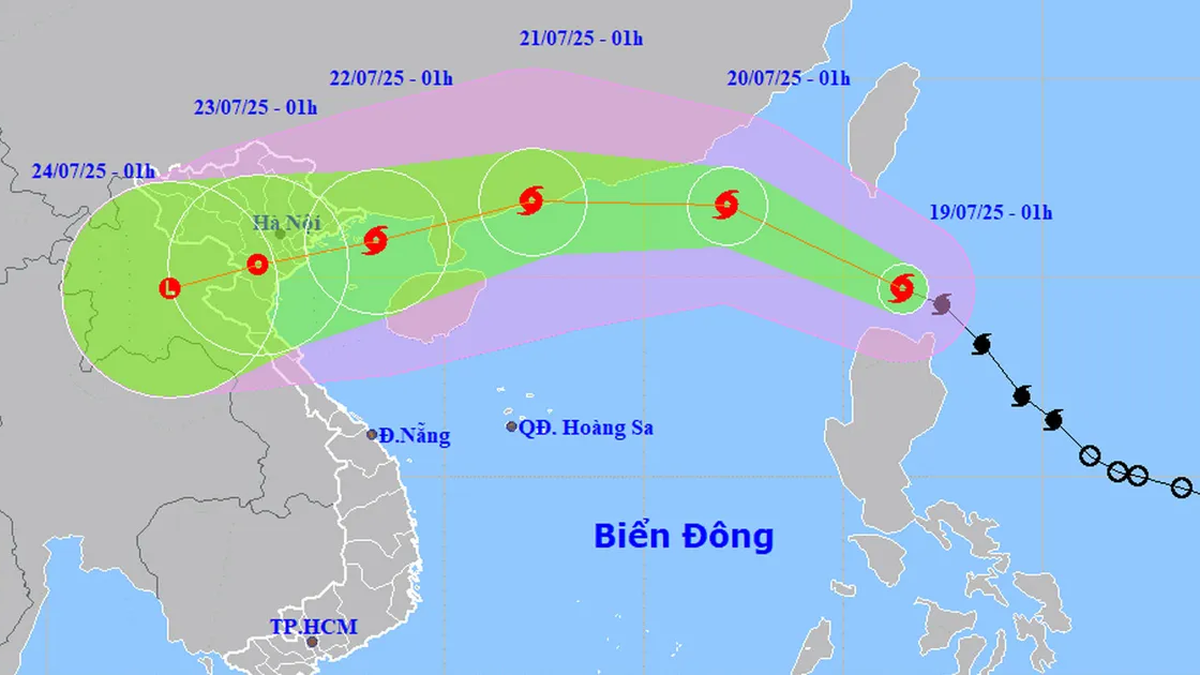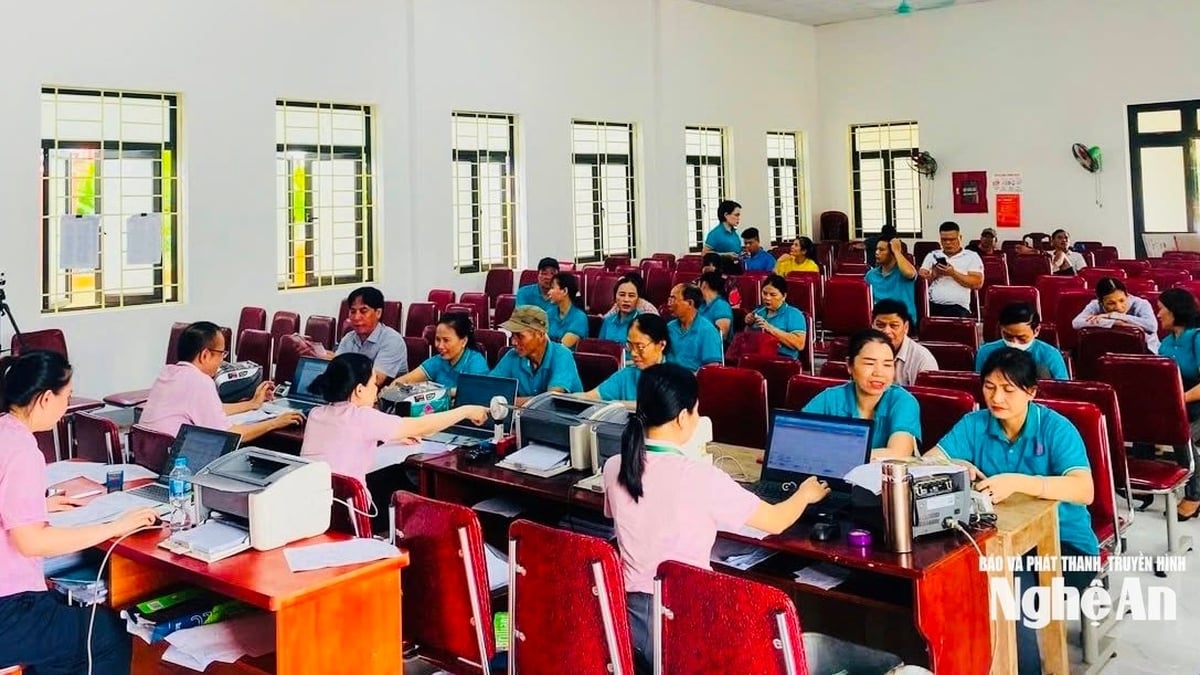A series of shortcomings of electricity prices
On August 20, the Government Electronic Information Portal held a seminar "What breakthroughs are needed to attract investment in the electricity industry?"
Expert Nguyen Tien Thoa, Chairman of the Vietnam Valuation Association, said: Electricity price policy is still confusing, not ensuring the correct price principles to ensure the goal of encouraging the development of the electricity industry, encouraging economic sectors to participate in investment to contribute to ensuring national energy security.
Mr. Thoa pointed out 4 major shortcomings. The first general shortcoming is that electricity prices have not been implemented according to the market mechanism, so electricity production and business have encountered many difficulties. The latest data for the 2022-2023 period shows that this management method has caused a loss of about 47,500 billion VND for the electricity industry. This is a major difficulty for improving the electricity industry's cash flow to invest in and develop sources and grids.

Second, the current electricity price is responsible for multiple objectives. We want to calculate correctly, calculate sufficiently, ensure cost recovery, but also encourage investment attraction, ensure social security, ensure energy security, and control inflation. It is very difficult to harmonize these objectives, and it does not ensure the wishes we set. Therefore, we must have a reasonable calculation of the role of electricity price, which is the key.
Third is the inadequacy in the current electricity price cross-subsidy mechanism, which has been prolonged and the handling roadmap is unclear. Cross-subsidy between groups of household electricity consumers - high levels subsidize low levels, cross-subsidy between household electricity prices in production at a certain level.
"And another point is cross-subsidization of electricity prices between regions. Electricity in island communes and districts is usually 7,000-9,000 VND/kWh, but we still sell it at 2,000 VND/kWh, which means taking from low areas to compensate for high areas...", Mr. Thoa shared.
The fourth problem is that electricity prices do not separate prices from social security policies.
Associate Professor Dr. Bui Xuan Hoi, an energy expert, said: The most important thing is still the story of price management. If we try to gradually separate public activities and market activities, there will be a suitable price regulation mechanism. If we cannot regulate electricity prices according to the market mechanism immediately, all aspects of regulation must gradually move towards the market.
"We built the price structure since 2014, when we wanted to develop production so we kept the production electricity price low, we wanted to balance the finances for EVN so we had to push up the business electricity price. During that process, we had to gradually regulate, gradually reduce the priority for production and pay the right role to the production household", Mr. Hoi recommended.
But if we immediately eliminate cross-subsidy, it will certainly not be possible because it will shock the economy. Therefore, it is clear that we must take action to gradually regulate electricity prices according to market mechanisms. This is very necessary.
Regarding electricity prices, Mr. Hoi said: In the current situation, no matter how much effort is put into the power source structure, it is impossible to ignore basic energy sources including coal and gas power. No matter how much renewable power comes in, basic power sources are still very important. "And if basic power is that important, then with the current trend of increasing input fuel prices, I think the cost of electricity supply will certainly increase," he said.
"With a geopolitical issue like this, we cannot expect input prices to drop immediately, and they will even fluctuate at a new, higher level. We have to accept that," the expert noted.

No cheap clean electricity
In addition, before the expectation of Net Zero by 2050, Mr. Hoi said frankly: Other countries also want clean electricity and I affirm that there is no cheap clean electricity. Solar power can be generated for 4 hours a day at most, wind power is unstable so it is impossible to say that those sources of electricity will be cheap.
"In short, one is due to fluctuations in the world's geopolitical situation, and two is the trend of energy transition, so the general cost of electricity supply will certainly increase," Mr. Bui Xuan Hoi concluded.
From a business perspective, Mr. Nguyen Dinh Tuan, Director of Son Dong Thermal Power Company, shared: We see that the current hydropower source has basically exploited its full potential. Coal-fired thermal power will be reduced by 2030 according to the Government's roadmap, and will stop in 2050 under the Net Zero program. Thus, the development of new sources can only rely on sources such as gas power, offshore wind power, etc. Associate Professor, Dr. Bui Xuan Hoi analyzed that these power sources will have a great impact in the operation process, especially the investment rate is very high.
"Of course, the price for renewable energy is very high, this will affect the average market price, and in turn will affect EVN's price as well as the Government's price management," Mr. Tuan stated his opinion.
Looking at the proportion of solar and wind power in the power structure, Mr. Tuan is concerned: Developing new, expensive power sources will affect the operation of the entire system. That is a problem that, in my opinion, requires a lot of calculation.
Regarding thermal power units such as Son Dong, Mr. Tuan said: In the near future, according to the roadmap, there will be a program to change fuel and mix. This has been directed by the Ministry of Industry and Trade and the units have studied. However, going back to the story of price, the input price of Biomass fuels and pellets compared to the price of coal can be 2-3 times higher. This is an issue that experts need to calculate.
According to Mr. Bui Xuan Hoi, EVN is the largest electricity retailer at present. If the electricity price is low, EVN will first lose money, and EVN is a state-owned enterprise, so losing money means the State will lose capital. If EVN makes a profit, the State will make a profit, and there will be an opportunity for EVN to reinvest and expand. If not, it will certainly affect investment in power sources and the grid.
In addition, if EVN suffers too many losses and is unable to pay, other businesses participating in selling electricity to EVN will certainly be affected, creating a Domino effect, leading to the story of difficulty attracting investment in the electricity industry.
"We see that the Power Plan VIII is very massive and ambitious, but if we continue to manage prices as they are now, I think that implementing the Power Plan VIII will be very far away, at least very difficult," Mr. Bui Xuan Hoi predicted.

Source: https://vietnamnet.vn/gia-dien-phai-theo-co-che-thi-truong-2313782.html





























































































![[Infographic] In 2025, 47 products will achieve national OCOP](https://vphoto.vietnam.vn/thumb/402x226/vietnam/resource/IMAGE/2025/7/16/5d672398b0744db3ab920e05db8e5b7d)





Comment (0)